Introduction to AI Chips
Artificial intelligence (AI) has become an integral part of modern technology, driving innovations in various fields such as healthcare, finance, and autonomous systems. At the heart of these advancements are AI chips, specialized semiconductors designed specifically to handle the complex computations required by AI tasks. These chips are fundamentally different from general-purpose CPUs and GPUs, offering optimized architectures that significantly accelerate tasks such as training large language models, executing deep learning algorithms, and powering real-time AI applications.
AI chips, also known as AI accelerators, come in various forms, including application-specific integrated circuits (ASICs), field-programmable gate arrays (FPGAs), and graphics processing units (GPUs). Each type of AI chip has its own unique set of features and benefits, tailored to meet the specific demands of AI workloads. For instance, GPUs are known for their high parallel processing power, making them ideal for tasks involving large datasets and complex computations. On the other hand, ASICs offer highly customized solutions that can achieve greater efficiency and performance for specific applications.
The critical importance of AI chips cannot be overstated. They enable faster and more efficient processing of AI workloads, significantly reducing the time and resources required for training and inference. This, in turn, leads to quicker iterations and improvements in AI models, pushing the boundaries of what is possible in the field of artificial intelligence. Furthermore, AI chips have contributed to the democratization of AI by making powerful AI capabilities more accessible to a broader range of industries and applications.
In the current technological landscape, AI chip manufacturers are at the forefront of innovation, driving the development of next-generation AI hardware. Their contributions are not only shaping the capabilities of today’s AI systems but also setting the stage for future breakthroughs in artificial intelligence. As we delve into the top AI chip manufacturers, it becomes evident how pivotal their role is in advancing the capabilities of AI technologies.
Market Overview and Leading Players
The AI chip market is witnessing substantial growth, with projections estimating it will reach a valuation of $119 billion by 2027. This rapid expansion is fueled by an increasing demand for artificial intelligence applications across diverse sectors such as cloud computing, data centers, and edge devices. The surge in AI-powered technologies has necessitated the development of specialized hardware capable of handling complex machine learning and deep learning tasks efficiently. Consequently, ai chip manufacturers have emerged as pivotal players in advancing AI solutions.
Among the key players in this market, Nvidia, AMD, and Intel stand out as leaders. Nvidia, renowned for its GPU technology, dominates the AI chip market with a significant market share. Its GPUs are central to many AI models and algorithms, providing exceptional performance and power efficiency. Nvidia’s AI platforms are extensively used in data centers to accelerate computational processes, enabling faster insights and decision-making.
AMD, another prominent player, is notable for its advanced microprocessor technologies. The company’s high-performance CPUs and GPUs are widely integrated into AI applications, bolstering their capability to process massive datasets swiftly. With its competitive pricing and innovative architecture, AMD continues to carve out a substantial portion of the AI hardware market, making it an essential contributor to AI advancements.
Intel, historically a leader in semiconductor manufacturing, is also a key competitor in the AI chip arena. Its range of AI-focused products, including the Intel Nervana and Movidius chips, are designed to optimize deep learning performance. Intel’s substantial investments in R&D underscore its commitment to enhancing AI computing power and cementing its position in this evolving market.
These leading ai chip manufacturers are not only propelling technological advancements but are also expanding their market reach through strategic partnerships and acquisitions. The demand for robust and efficient AI hardware has transcended traditional sectors, now finding applications in healthcare, automotive, and IoT devices, further accelerating the market’s growth. As the AI landscape continues to evolve, these companies’ innovations and strategic initiatives will play a crucial role in shaping the future of artificial intelligence hardware.
Artificial Intelligence hardware landscape is defined by a few key players who have become increasingly pivotal in this evolving domain. Among them, Nvidia stands out prominently, commanding an impressive 90% market share in data center AI acceleration. This dominance is largely attributable to its advanced GPUs, such as the A100 and the forthcoming H100, both of which are engineered to cater to complex machine learning and deep learning workloads. Nvidia’s unparalleled efficiency and performance make it the preferred choice for numerous high-profile AI initiatives.
Advanced Micro Devices (AMD) also holds a crucial position with its AI chipset offerings. Notably, the Instinct MI300x is a powerful contender designed to compete directly with Nvidia’s high-end options. AMD is steadily expanding its footprint, focusing on energy-efficient and scalable solutions that appeal to enterprises seeking versatile AI hardware.
Similarly, Intel Corporation continues to make strides with its innovative AI chips. The Gaudi 3 has already proven to be a formidable asset in the AI acceleration space, and the anticipation surrounding the Gaudi 4 is palpable. Intel’s strong market presence and its commitment to pushing technological boundaries ensure its relevance and competitiveness in the AI chipset arena.
Not to be outdone, tech behemoths like Google and Amazon have ventured deeply into AI hardware. Google’s Tensor Processing Units (TPUs) have become synonymous with rapid AI model training and inference, offering an alternative to traditional GPU-based approaches. Meanwhile, Amazon’s Inferentia chips have bolstered the company’s AWS ecosystem, enabling performance improvements for machine learning applications operated in the cloud.
Emerging companies, such as Cerebras Systems and D-Matrix, are also making noteworthy contributions. Cerebras Systems, with its Wafer-Scale Engine, offers unmatched performance capabilities tailored for AI workloads, while D-Matrix focuses on delivering power-efficient AI inference chips. These companies, although lesser-known, are quickly garnering attention for their innovative approaches.
Finally, the contributions of Apple and Qualcomm cannot be overlooked. Apple integrates its Bionic chips across its product lines to power various AI-driven features, enhancing user experience significantly. Qualcomm’s AI Engine, embedded in Snapdragon processors, facilitates advanced AI functionalities on mobile platforms, demonstrating the company’s commitment to AI advancement.
Emerging Trends and Future Developments
The AI chip industry is experiencing unprecedented growth, driven by emerging trends and substantial investments. In 2023, venture capitalists invested approximately $6 billion in AI chip startups. This funding influx is empowering new companies to challenge established AI chip manufacturers and innovate beyond existing technologies. Emerging startups are pushing the boundaries of what artificial intelligence hardware can accomplish, often focusing on specialized applications and novel architectures that leverage advancements in machine learning and deep learning.
An interesting trend within the industry is the strategic efforts by public cloud providers to develop proprietary AI chips. Major players such as Google, Microsoft, and Amazon are leading the charge. By designing and integrating their own AI chips into their cloud infrastructure, these companies aim to optimize performance, reduce dependency on third-party suppliers, and potentially lower operational costs. Google’s Tensor Processing Unit (TPU) and Amazon’s AWS Inferentia are prime examples of how in-house chip development can offer customized solutions tailored to specific workloads within their cloud services.
This strategic push by cloud providers is not only a testament to the growing importance of AI hardware in the competitive landscape but also signals a shift towards vertical integration. Other technology giants are likely to adopt similar strategies, fostering an environment ripe for innovation and competition. Furthermore, the proprietary chip development by these firms might drive further advancements in areas like energy efficiency, scalability, and processing power.
Forecasts for the AI chip market indicate continuous growth, with experts predicting a compound annual growth rate (CAGR) of over 40% through 2027. This bullish outlook is supported by the increasing demand for AI applications in various industries, including healthcare, automotive, and finance. As the market expands, we can anticipate the entry of new players and the introduction of groundbreaking technologies.
In conclusion, the AI chip industry is on the cusp of transformative changes. The substantial investments and strategic developments highlighted signal a robust and dynamic future, promising significant advancements and the potential for new market leaders to emerge by 2027.


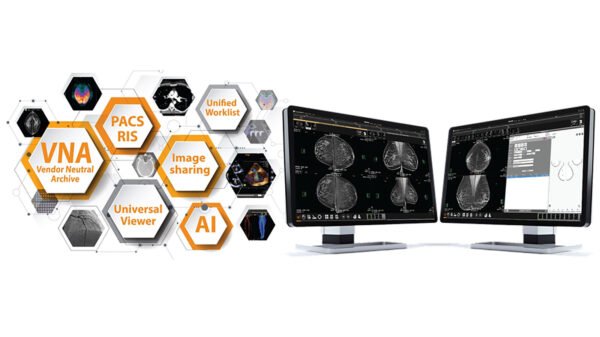










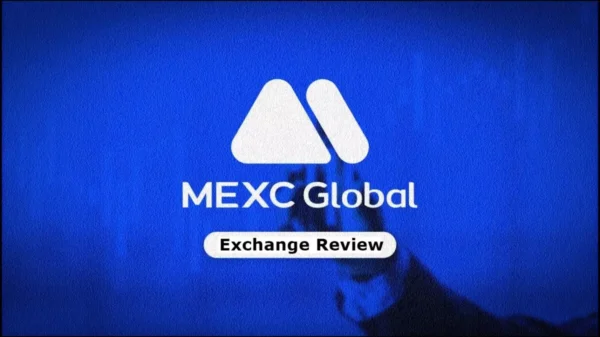










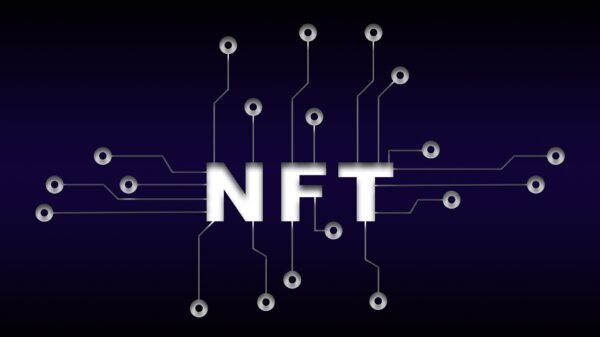







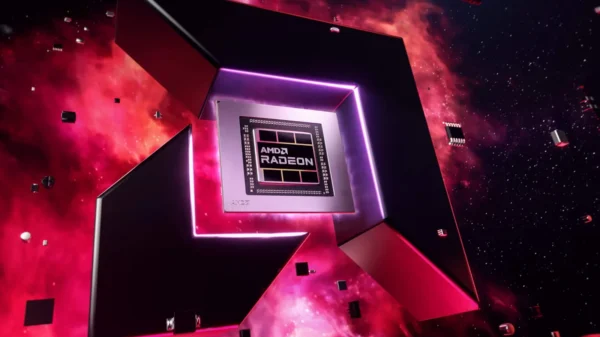
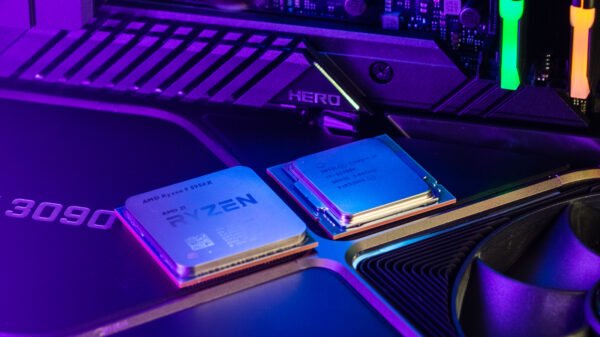
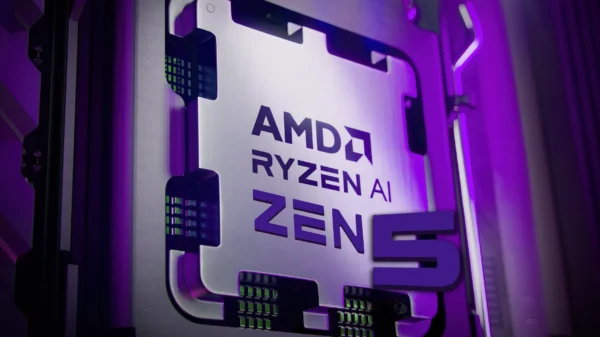
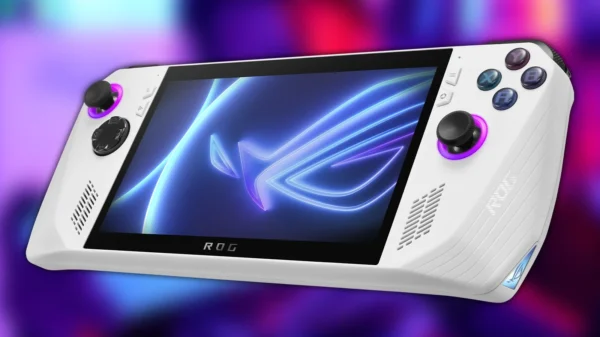




























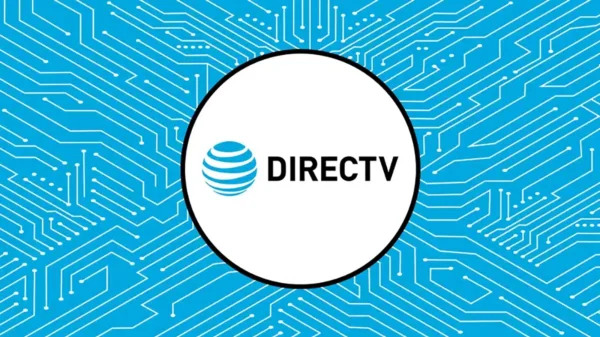




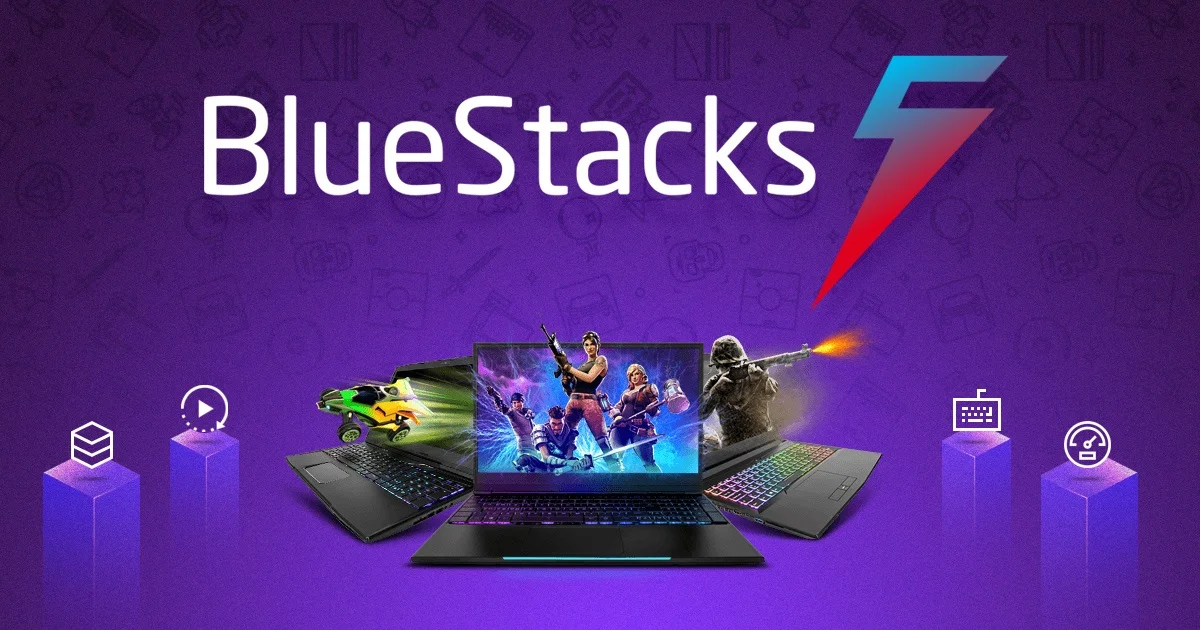





Pingback: Explore the Best Virtual Reality NYC Experiences: A Guide to the City’s Top VR Spots